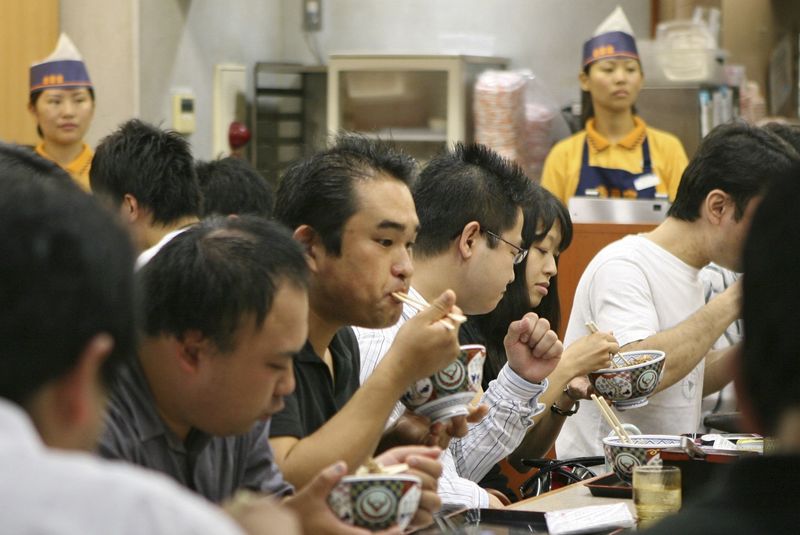Fubotv earnings beat by $0.10, revenue topped estimates
By Ambar Warrick
Investing.com-- Japanese household spending slowed in August, data showed on Friday, as an initial boost to consumer spending from the lifting of COVID-19 restrictions this year appeared to be running out of steam.
Household spending fell 1.7% in August from the prior month, missing expectations for growth of 0.2%. While spending grew 5.1% from the previous year, it still missed expectations for annualized growth of 6.7%.
Spending on items such as food and utilities grew steadily. But consumers were wary of spending on big purchases such as furniture and housing.
The reading shows that rising inflation and a weakening yen have weighed heavily on consumer sentiment, offsetting an initial boost after the Japanese government relaxed most COVID-linked curbs this year.
Average wages in the country grew 1.7% in August, but still lagged annual inflation, which grew at a 3% rate in August.
The Japanese economy grew more than expected in the second quarter, thanks in large part to robust consumer spending. But markets are doubtful over the economy’s prospects for the remainder of 2022, amid growing headwinds from rising inflation and volatile commodity markets.
A weakening yen has been regarded as the biggest headwind to consumer spending this year. The currency tumbled to a 24-year low last month, and has so far failed to recover from the level amid increased pressure from the dollar.
The currency was largely unchanged after the reading, trading just below the 145 level.
The yen’s tumble has been largely spurred by the Bank of Japan maintaining its ultra-low interest rates, despite rising rates across the globe.
Still, the BoJ’s recent meeting shows that some members of the monetary policy board are considering an eventual tightening of policy, particularly if inflation goes further north of expectations.
Japan is also struggling with elevated commodity prices, which saw the country log a record trade deficit this year.
